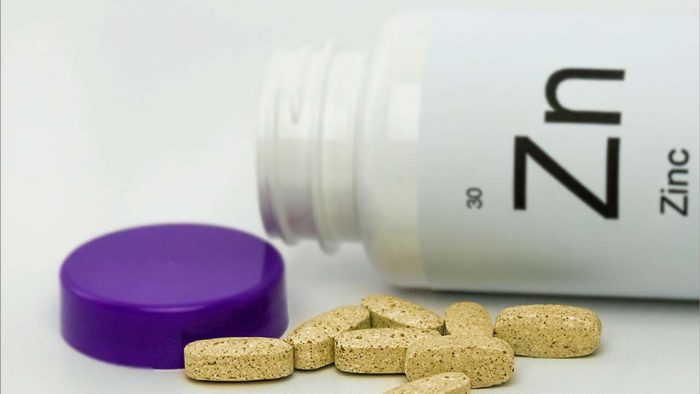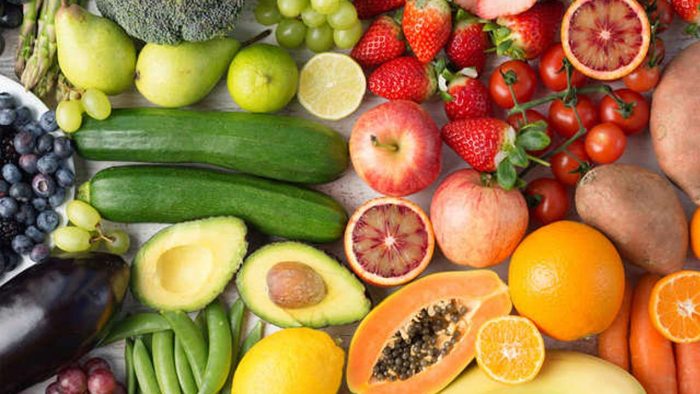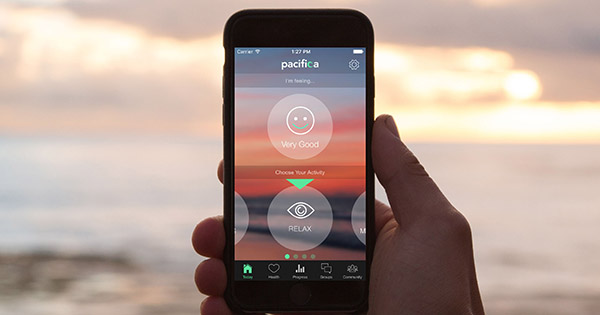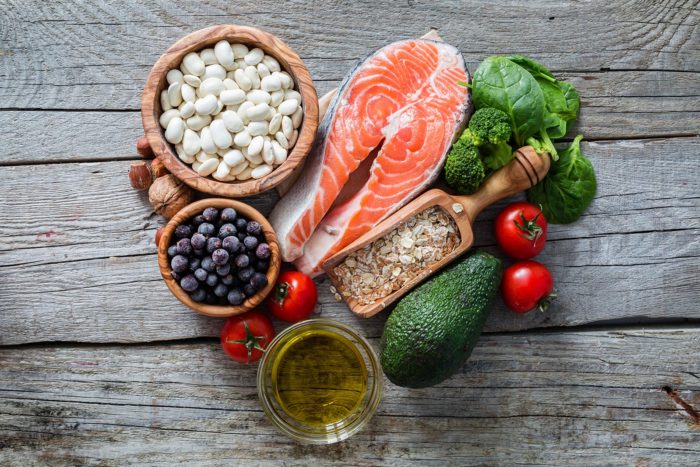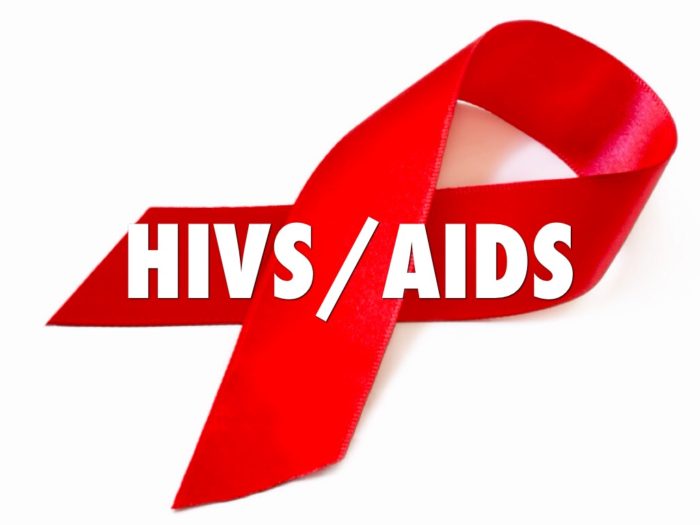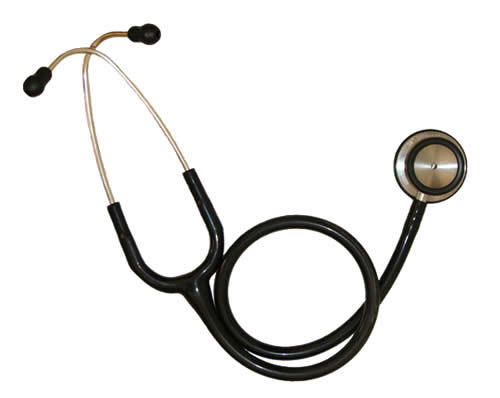Health safety practitioner and senior registrar in the Department of Community Health at Lagos University Teaching Hospital (LUTH), Dr. Odusolu Yetunde, explained that zinc is a common element in human and an essential trace element or micronutrient needed for immune regulating function, which helps to prevent diseases, especially of bacterial and viral origin.
She said: “It is also known for the vital role it plays in the normal growth and development of the reproductive organs and brain. It helps in wound healing and is important for proper sense of taste and smell. It is also associated with assisting the body in the production of protein and its DNA. In fact, zinc has been associated with over 300 biological functions. The body does not produce zinc. So, it must be obtained through food or supplements.
“Zinc deficiency in children is caused, when demand is greater than supply, which can be occasioned by inadequate intake through the diet, decrease absorption due to diarrhoea episodes, as well other malabsorption syndromes.”
She explained that it could also result from a diet high in phytate (it limits the bioavailability of zinc) and some chronic diseases, such as that of liver and kidney. “Zinc deficiency in children is particularly marked by increased susceptibility to such infections as diarrheal and respiratory tract infections and associated growth retardation. Other features of zinc deficiency are dermatitis of the skin, anorexia and alopecia.”
She said deficiency in zinc could also manifest in behavioural changes and neurological disturbances. Also, the deficiency has also been linked to poor cognitive performance, which may affect academic performance, as well as the motor development and activity of children.
She said: “Zinc intake is closely related to protein intake. Consequently, zinc deficiency is an important component of nutritionally related morbidity globally. Its deficiency has been associated with poverty and malnutrition, and is part of the hidden hunger associated with micronutrients.
“Zinc deficiency can also be due to a genetic cause, which manifests in form of a rare autosomal recessive disease called idiopathic acrodermatitis enteropathica (AE) in which the child’s acral and periorificial dermatitis and low serum zinc levels. In this case, treatment with zinc is for life.
There is another type of zinc deficiency known as transient infantile zinc deficiency (TIZD), which is a disease that is clinically indistinguishable from idiopathic AE, although they have different pathologic mechanisms. It occurs during the first six months of life, usually in infants with increased zinc requirements and/or inadequate diet concentrations of zinc, which is due to low zinc levels in the maternal breast milk. Zinc deficiency can be managed in children by supplementation of zinc or by treatment.”
Odusolu disclosed that zinc deficiency is estimated to be related to 750,000 deaths annually and according to the WHO; stunted growth is found in over a quarter of under-five children, and they are at risk of dying and having other adverse consequences throughout life. However, it has been shown that zinc supplementation has greater impact on the linear growth of stunted children, compared to non-stunted ones.
“Zinc supplementation is safe and has been recommended as an effective intervention to reduce morbidity (disease state) associated with especially diarrhoea and lower respiratory tract infections in young children,” she said. “The recommended dietary allowance (RDA) for infants aged 0-6 month(s) is 2.0 mg, and it is 3.0 mg per day for young children aged 7-36 months, 5.0mg per day for 4- 8years old, 8.0mg per day for 9-13years old.
“Mild zinc deficiency should be treated with zinc supplementation at two to three times the recommended dietary allowance (RDA), whereas moderate to severe can be treated at four to five times the RDA. The treatment can last from three to four months or as long as six months. Zinc treatment is inexpensive, safe, and easy. It is usually instituted in children with acute diarrhoea episode. Zinc treatment shortens the diarrhoea episode, reduces the risk of episode being persistent, and reduces the risk of future diarrhoea or pneumonia.
“Zinc treatment has been found to reduce mortality. The World health organisation (WHO) and United Nations Children’s Fund (UNICEF) have recommended 10-14 days of zinc treatment for under-five children with each diarrhoea illness. The recommended dosage is 20 mg per day for ages six to 59 months and 10 mg per day for age less than six months for a period of 10-14 days.
“Some foods are found to be rich in zinc. Therefore, parents are urged to give their children food rich in zinc, such as meat (beef, pork), poultry (turkey, chicken), fish (sardines, salmon), legumes (beans, kidney beans, lentils), nuts and seeds (cashew, pumpkin seeds), dairy products (milk, yoghurt and cheese), egg, whole grains (oats, brown rice), vegetables (mushrooms, peas and shellfish (oysters, crab), among others.”
She explained that the challenges of daily administration of zinc supplement, especially in poor resource setting like Nigeria, may include constraints of procurement and distribution of supplements over an extended period of time, limited access to and poor utilisation of health services by the target population, inadequate training and motivation of frontline health workers, inadequate counseling of target recipients or their care givers and low adherence by the intended beneficiaries.
“Zinc deficiency can also be controlled, when the problems of hidden hunger are addressed through: Food diversification, which can be done effectively through food based strategies, such as home gardening, educating people on better infant and young child feeding practices, food preparation and storage/preservation methods to prevent nutrient loss.
“Food fortification, which includes commercial food fortification that adds trace amounts of micronutrients to staple food or condiments during processing. This helps to get the recommended levels of micronutrients, when consumed. For example, wheat flour can be fortified with zinc.
Food supplementation: As discussed above, this can be scaled up in our country, as it has been done in some climes (SUZY-Scaling Up Zinc Nutrition in Young Children).
“Food biofortification is a relatively new intervention that involves breeding of food crops, using conventional or transgenic methods to increase their micro micronutrient content. Biofortified foods can provide a steady and safe source of certain micronutrients for those that are not reached by other interventions. Example of biofortified food is zinc rice and zinc wheat, among others.”

